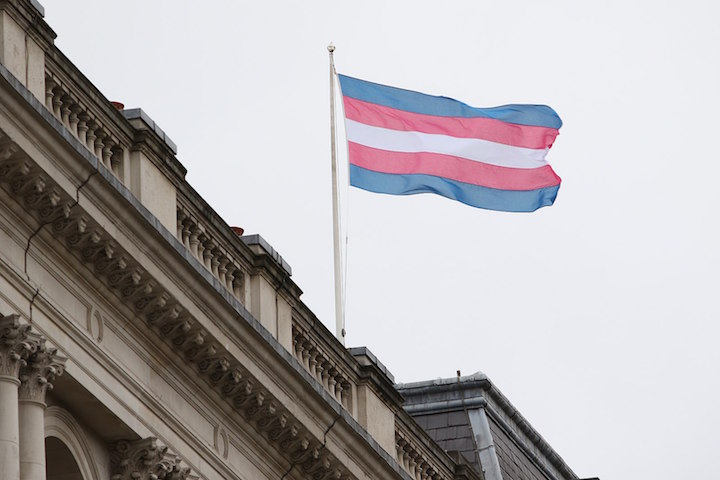
Rapid testing ready in months
Getting gay men into Victoria’s new rapid HIV testing trial will be a priority for the state government and AIDS organisations as testing rates are anticipated to rise. The new test will return results in 20 minutes or less, instead of several days like the current testing model. The community-based trial will be set up in a standalone shop as the first non-clinical trial in Australia.
Victorian Health Minister David Davis announced it would be operational in the next few months at the Midsumma Carnival in Birrarung Marr on January 13.
“This will be a community-based response to HIV prevention in keeping with Victoria’s successful partnership approach to managing the epidemic,” Davis said.
“By providing affordable, accessible, convenient, rapid HIV testing we can reduce a number of barriers to testing, such as the need to return for results and provide an incentive to frequent testing by getting results in 20 minutes or less.
“If more people test more often we would potentially see people accessing HIV treatments sooner and improving their long-term health and quality of life.”
He said there were about 6,080 Victorians living with HIV and approximately 265 new cases identified each year.
The Victorian AIDS Council/Gay Men’s Health Centre and Burnet Institute are in partnership with the state government. Victorian AIDS Council executive director Matt Dixon welcomed the announcement.
“We are really pleased that the Victorian Government is progressing this important initiative for our community,” he said.
“Rapid testing is routine in most of the world.”
He said 20-30 per cent of HIV-positive people in Victoria were unaware that they had the virus.
“This new tool will really help increase access to testing, reducing the amount of undiagnosed HIV in our community. People with HIV take great care to make sure that the virus is not passed on.”
There are several trials already underway in Australia, although these are all in clinical settings such as hospitals and sexual health clinics.
Dixon said they expected the rate of new diagnoses in Victoria to increase once rapid testing was introduced.
“Of course, with the amount of testing ramping up, we expect to see numbers of new notifications also increasing as we identify that group of undiagnosed HIV-positive guys,” he said.
“We hope it will be understood that this is actually a good thing, as it will help us truly drive down HIV rates over coming years, as there will be fewer undiagnosed infections in our community.”









